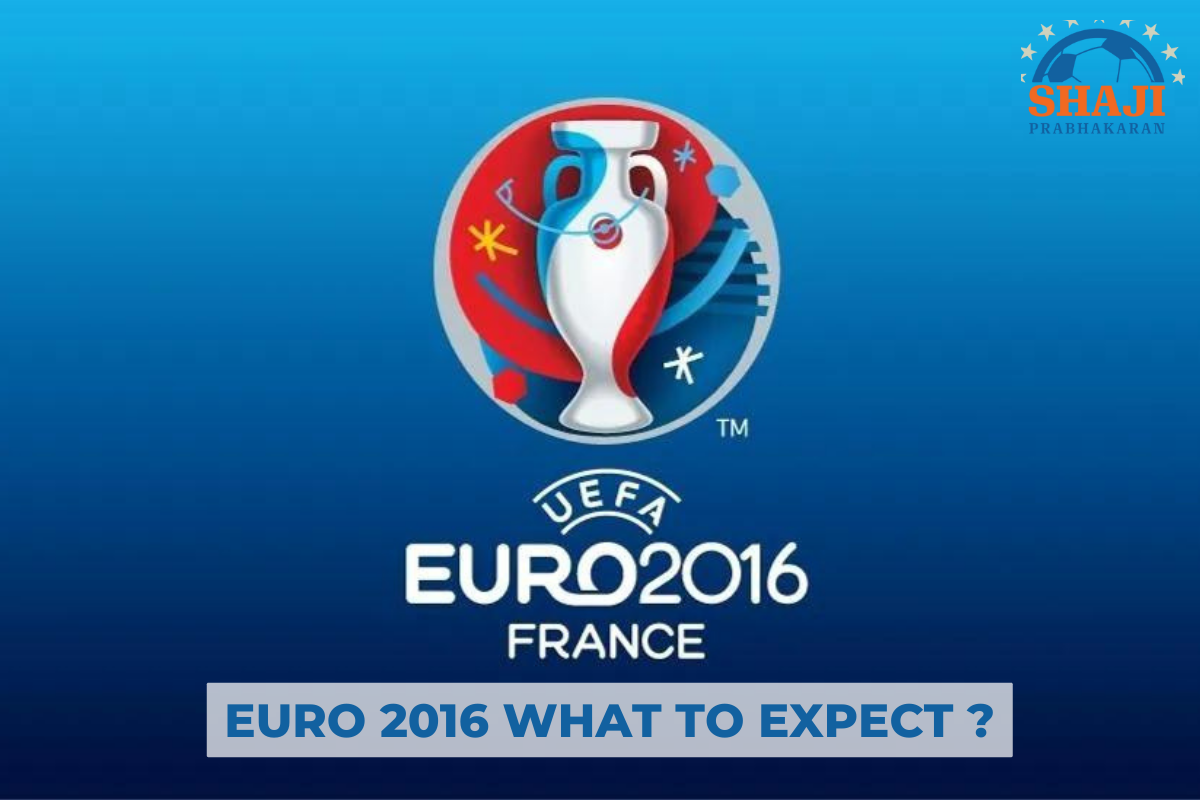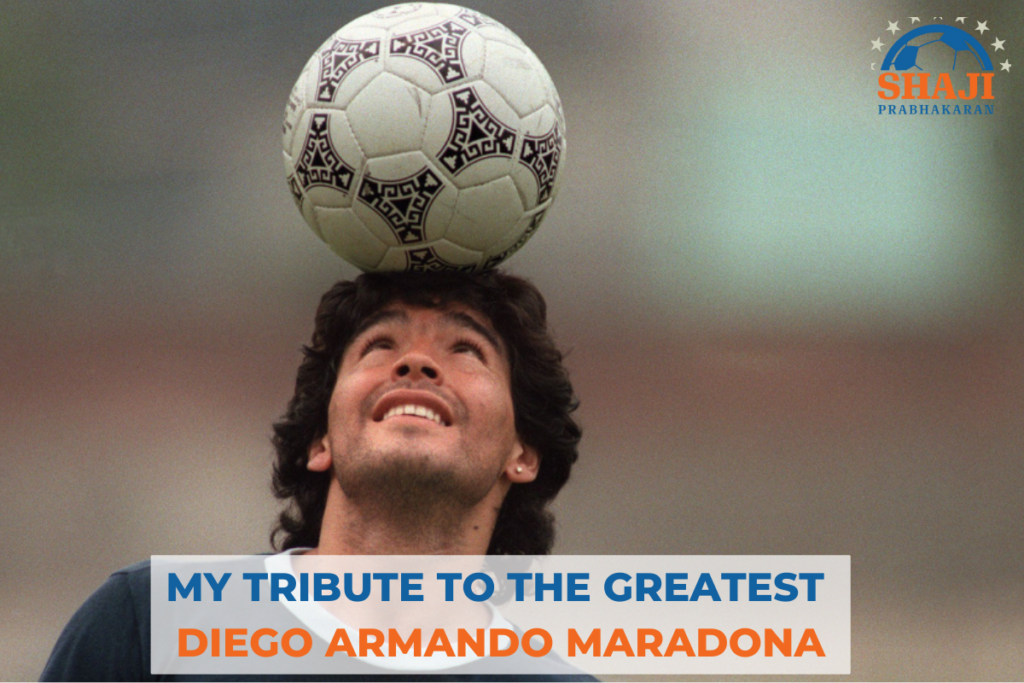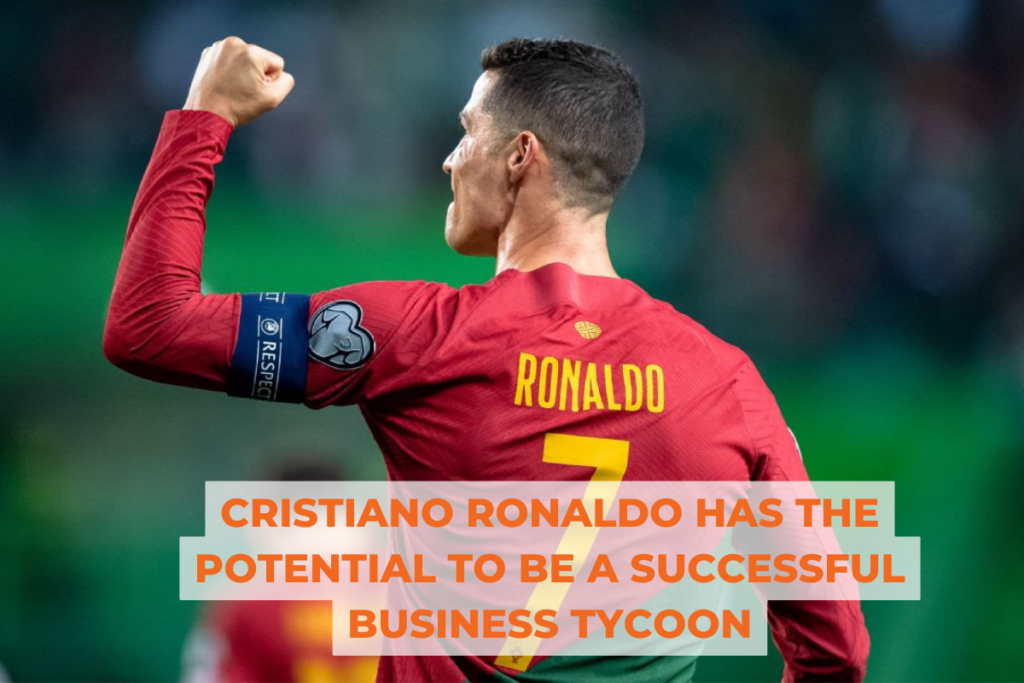Held every four years since 1960, in the even-numbered year between the World Cup tournaments, it was originally called the UEFA European Nations Cup changing to its current name in 1968. The idea for a pan-European football tournament was first proposed by the French Football Federation’s secretary general Henri Delaunay in 1927 but it was in 1958 that the tournament officially started. The first tournament was held in 1960 in France and had four teams competing in the finals out of the 17 that had entered the competition. It was won by the Soviet Union who beat Yugoslavia 2-1 in the final in Paris. Euro 2012 hosted in Ukraine and Poland was a great competition as Spain came out as the winner beating Italy in a thrilling Final. As the competition returns to France for the third time, it will be contested by 24 teams having been expanded from the 16-team format used since 1996. The 24 teams participating in the competition will be Albania, Austria, Belgium, Croatia, Czech Republic, England, France, Germany, Hungry, Iceland, Italy, Northern Ireland, Poland, Portugal, Republic of Ireland, Romania, Russia, Slovakia, Spain, Sweden, Switzerland, Turkey, Ukraine and Wales. PREVIOUS WINNERS AND CONTENDERS Previously European footballing giants Germany and Spain have lifted the trophy thrice whereas Euro 2016 hosts France have won the competition twice. Germany, Spain, France, England, and Italy go into the Euro 2016 as title contenders as they boast top-quality players in every position. France as hosts look favourites to win the Championship with Spain, who won record consecutive Euros in 2008 and 2012, showing inconsistent performance since their third European Championship victory in 2012. Germany, the current world champions should have been the automatic favorites after a solid performance at the World Cup in Brazil in 2014, however, the performances of the four-time World champions have not been superlative since winning the World Cup. If one looks back in history, Italy, Spain, and Germany have always bounced back in big competitions like the Euros and the World Cup. Therefore,it would be unwise to count out any of these teams. The young England might stun everyone this time if they play to their potential as they have some excellent young players and look like a competitive outfit and for me, this side can make history by winning their first Euro. Not the favourites but star-studded Belgium has been making steady progress in international football and it won’t be surprising if they qualify for the semis. This time the Euro has debutants Iceland and Wales who performed brilliantly in the Euro qualifiers and just might spring up a surprise in the Euro this time around. For all we know, an underdog could win the Euro just like Denmark(1992) and Greece(2004) where both were underdogs and won over mighty opponents. An upset win at the Euro 2016 would be an interesting proposition for the Euros and we will be seeing a repeat of a Leicester City story repeating itself at the international stage.
Spain the defending champions can create history if they lift the Euro for the third time in a row. Can it happen?
For me, the Group of death is group “E” where Belgium, Italy, the Republic of Ireland, and Sweden will face each other, a difficult group to predict. Sweden and Ireland will be tough teams for both Belgium and Italy to beat. PLAYERS TO LOOK OUT FOR As hard it is to believe as much it is true that another generation of world-class footballers might be playing their last European championship in France. The Euro 2016 will be the last for Zlatan Ibrahimovic, Andres Iniesta, Iker Casillas, and Buffon. Nevertheless, these players will still provide plenty of quality football and with the likes of Cristiano Ronaldo, Paul Pogba, Robert Lewandoski, Mesut Ozil, and Antoine Griezmann leading their teams in the competition, the Euros should be an exciting tournament this year. Some exciting young talent will also be seen during the competition this year.
- Renato Sanchez (Portugal)
- Anthony Martial (France)
- Marcus Rashford (England)
- Delle Ali (England)
- Hector Bellerin (Spain)
- Leroy Sane (Germany)
- Breel Embolo (Switzerland)
- Hakan Calhanoglu (Turkey)
- Jason Denayer (Belgium)
- Aleksandr Golovin (Russia)
- Samuel Umtiti (France)
- Arkadiusz Milik (Poland)
THE VENUES France is a top footballing nation and has one of the top leagues in Europe, the “Ligue 1”, which has top-class footballing infrastructure. The venues chosen for the Euro 2016 are well known and boast a seating capacity between 30,000 to 48,000 seats. The venues chosen for the UEFA Euro 2016 are
- Saint Denis (Stade de France)
- Marseille (Stade Velodrome)
- Lyon (Parc Olympique Lyonnais)
- Lille (Stade Pierre-Mauroy)
- Paris ( Parc de Princes)
- Bordeaux (Nouveau Stade de Bordeaux)
- Saint-Etienne (Stade Geoffroy)
- Nice (Allianz Riviera)
- Lens (Stade Bollaert-Delelis)
- Toulouse (Stadium Municipal)
THE EUROS- A BIG COMMERCIAL SUCCESS
The Euro 2012 final was watched by a global audience of 300 million
The Euro championships are a big commercial success for UEFA and the interest in the Euro is visible across all continents because the top players from all major European leagues are in action and that makes the competition very attractive for fans from all across the globe. Take the example of India, the major print media has already started devoting more than one page to the Euros which is an indication of the competition’s popularity. Security for the Euro 2016 will be unprecedented considering last year’s Paris attacks and a high threat perception. Fans can focus on the games and celebrate the festival of football hosted by France.
The quality of football in display will be of high standard. Sit back and enjoy the festivity of football.



